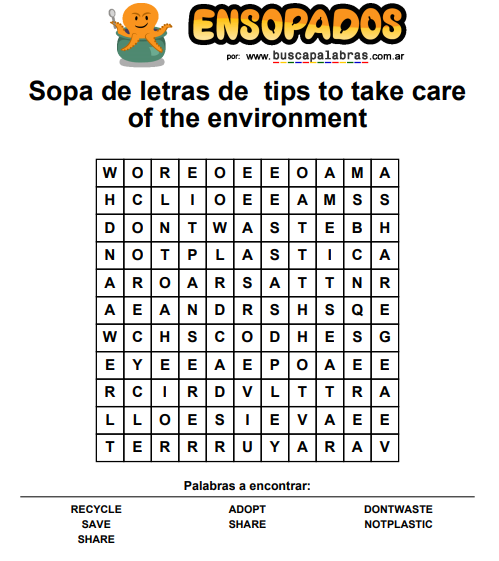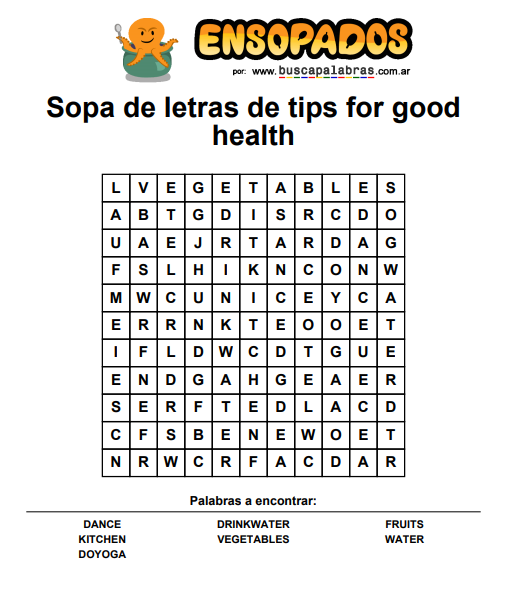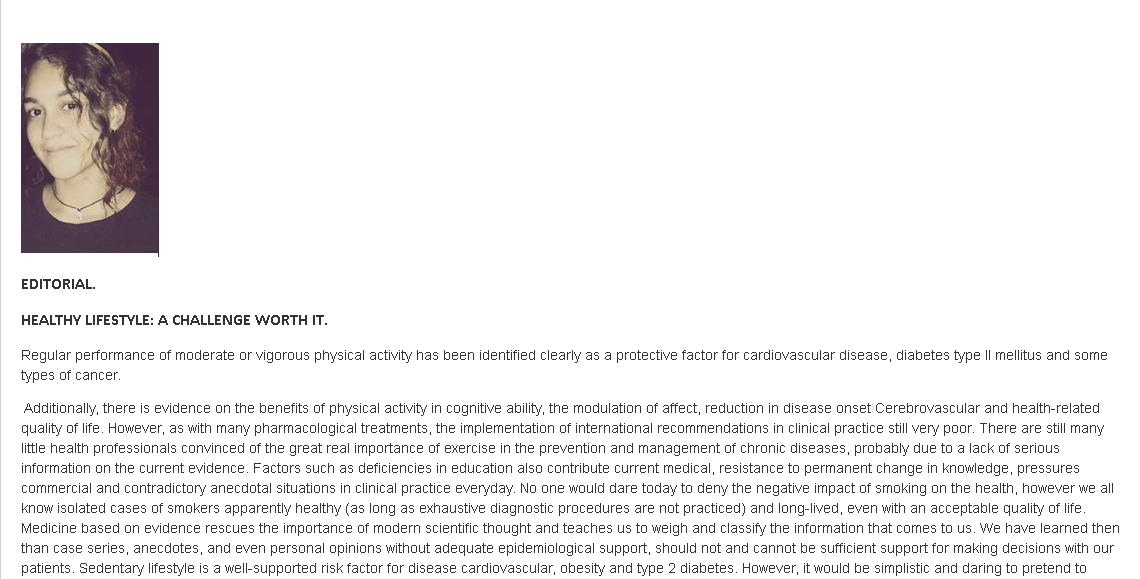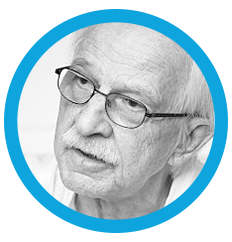Editorial.
The quality of life in older people is directly related to the association between psychological well-being, perceived state of health and healthy habits. Healthy habits are called the ability to stay at low risk of getting sick, with a high level of physical and mental activity. These habits must be accompanied with the maintenance of interpersonal relationships and participation in significant activities, both social and professional. Taking care of personal and social relationships, getting involved in learning new entertainment and / or training skills, being in a period of activity, personal fulfillment, rescuing old life projects and starting others, are habits that help healthy aging . The passage of time is inexorable, old age comes little by little, that is why it is very important to adapt to the day to day, to know the skills that can improve the quality of life and benefit from them. In addition to good habits of physical exercise, adequate nutrition or medical control, it is necessary to have certain conditions during the course of life, such as access to education, work, leisure, and having decent cultural and material assets to promote aging. healthy. Healthy habits should apply to all activities; Gerontologist experts affirm and insist that the course of sexual life coincides with the course of life and, therefore, sexual exercise only ends with death. Many of the functional losses verified over time can be avoided with healthy behavioral habits. According to a study published in the "British Medical Journal" (BMJ), a healthy lifestyle in old age can add five years to the lives of women, and six years to the lives of men.

EDITORIAL.
HEALTHY LIFESTYLE: A CHALLENGE WORTH IT.
Regular performance of moderate or vigorous physical activity has been identified clearly as a protective factor for cardiovascular disease, diabetes type II mellitus and some types of cancer.
Additionally, there is evidence on the benefits of physical activity in cognitive ability, the modulation of affect, reduction in disease onset Cerebrovascular and health-related quality of life. However, as with many pharmacological treatments, the implementation of international recommendations in clinical practice still very poor. There are still many little health professionals convinced of the great real importance of exercise in the prevention and management of chronic diseases, probably due to a lack of serious information on the current evidence. Factors such as deficiencies in education also contribute current medical, resistance to permanent change in knowledge, pressures commercial and contradictory anecdotal situations in clinical practice everyday. No one would dare today to deny the negative impact of smoking on the health, however we all know isolated cases of smokers apparently healthy (as long as exhaustive diagnostic procedures are not practiced) and long-lived, even with an acceptable quality of life. Medicine based on evidence rescues the importance of modern scientific thought and teaches us to weigh and classify the information that comes to us. We have learned then than case series, anecdotes, and even personal opinions without adequate epidemiological support, should not and cannot be sufficient support for making decisions with our patients. Sedentary lifestyle is a well-supported risk factor for disease cardiovascular, obesity and type 2 diabetes. However, it would be simplistic and daring to pretend to "cure or disappear" complex diseases, controlling just one of the many risk factors that interact in the body to promote their development Why are there "athletes" who suffer coronary events? Then there are multitude of responses. In many patients the genetic factor associated with dyslipidemia, hypertension and insulin resistance is predominant and exercise he just manages to modulate it. It is also frequent to assume style associations of life that is not fulfilled in every "athlete". Some are smokers, they have Increased visceral adipose tissue and their diets are rich in animal fats. But perhaps the biggest confusion is around the concept of "athlete"or"physically active" individual. Actually, it's about clarifying the exercise dose necessary to generate the metabolic changes that partially protect us of these diseases. To achieve optimal cardiovascular and metabolic effects it is necessary to achieve doses close to 5 hours a week of moderate aerobic exercise intensity (approximately 60-70% of maximum heart rate). These goals are difficult to achieve and require high levels of motivation and conviction on the part of the doctor and his patient, therefore there are few true "athletes or physically active" who meet these recommendations. Sports as nice as tennis or soccer for example, they offer very high intensity peaks but hardly allow an aerobic rhythm equivalent to an hour of jogging, swimming or cycling. Also worth noting that “spending an hour in the gym” is sometimes a mixture of saying hello, changing, slowly walk from one device to another, warm up, cool down, or do a dumbbells. Although the sum of these activities has undoubted benefits for the physical and mental health is unlikely to meet the recommended doses for prevention of cardiovascular disease.
It is not very clear yet, why the majority of hypertensive, diabetic or with heart failure worldwide, they remain frankly outside the well-documented management guides. It seems that the dissemination of information to Every corner of clinical practice was not enough. We know that before prescribe a medication on a regular basis, the doctor must be convinced the efficacy and safety of this, know its side effects, believe in the endorsement of a serious pharmaceutical house and transmit their conviction to each patient. In many cases it is advisable to allow the patient to participate in to a greater or lesser degree in therapeutic decisions and control and periodic feedback to optimize adherence. The single dose, few Drug interactions and minimal side effects are characteristic which have been shown to improve the current worrying situation. But if there are difficulties in drug therapy, the picture is even more complex for life habits. The better behavioral changes studied in health are related to smoking, nutrition and physical activity and They have documented some effective strategies to achieve the goals: The therapist must be convinced and have literature and information to recommend certain behavior. The patient must be listened to with attention and interest; in their responses and Concerns is the key to effective intervention. It is essential to find an additional motivating factor to health, for example the social contact, figure and aesthetics, fun, competition, travel and contact with nature, the opportunity to share with your partner or family. Concrete, feasible and practical goals must be set for the short, medium and long term. hopefully in writing and with regular monitoring and controls. Explicit recognition of small achievements maintains motivation and long-term constancy.
In the face of the global epidemic of obesity and type 2 diabetes mellitas, the máximum Public health authorities in the world (WHO, PAHO, CDC) have declared the promoting healthy lifestyles as a priority for society modern. In our country, the Colombian cardiology society has accepted this challenge and requires the active participation of all its members.
References
1. Powel KE, Thompson PD, Caspersen CJ, et al. Physical activity and the
incidence of coronary heart disease. Annu Rev Public Health 1987; 8: 253-87
2. Berlin JA, Colditz GA. A meta-analysis of physical activity in the prevention of
coronary heart disease. Am J Epidemiol 1990; 132: 612-628
Temas relacionados:
Esta web se reserva el derecho de suprimir, por cualquier razón y sin previo aviso, cualquier contenido generado en los espacios de participación en caso de que los mensajes incluyan insultos, mensajes racistas, sexistas... Tampoco se permitirán los ataques personales ni los comentarios que insistan en boicotear la labor informativa de la web, ni todos aquellos mensajes no relacionados con la noticia que se esté comentando. De no respetarse estas mínimas normas de participación este medio se verá obligado a prescindir de este foro, lamentándolo sinceramente por todos cuantos intervienen y hacen en todo momento un uso absolutamente cívico y respetuoso de la libertad de expresión.
No hay opiniones. Sé el primero en escribir.














